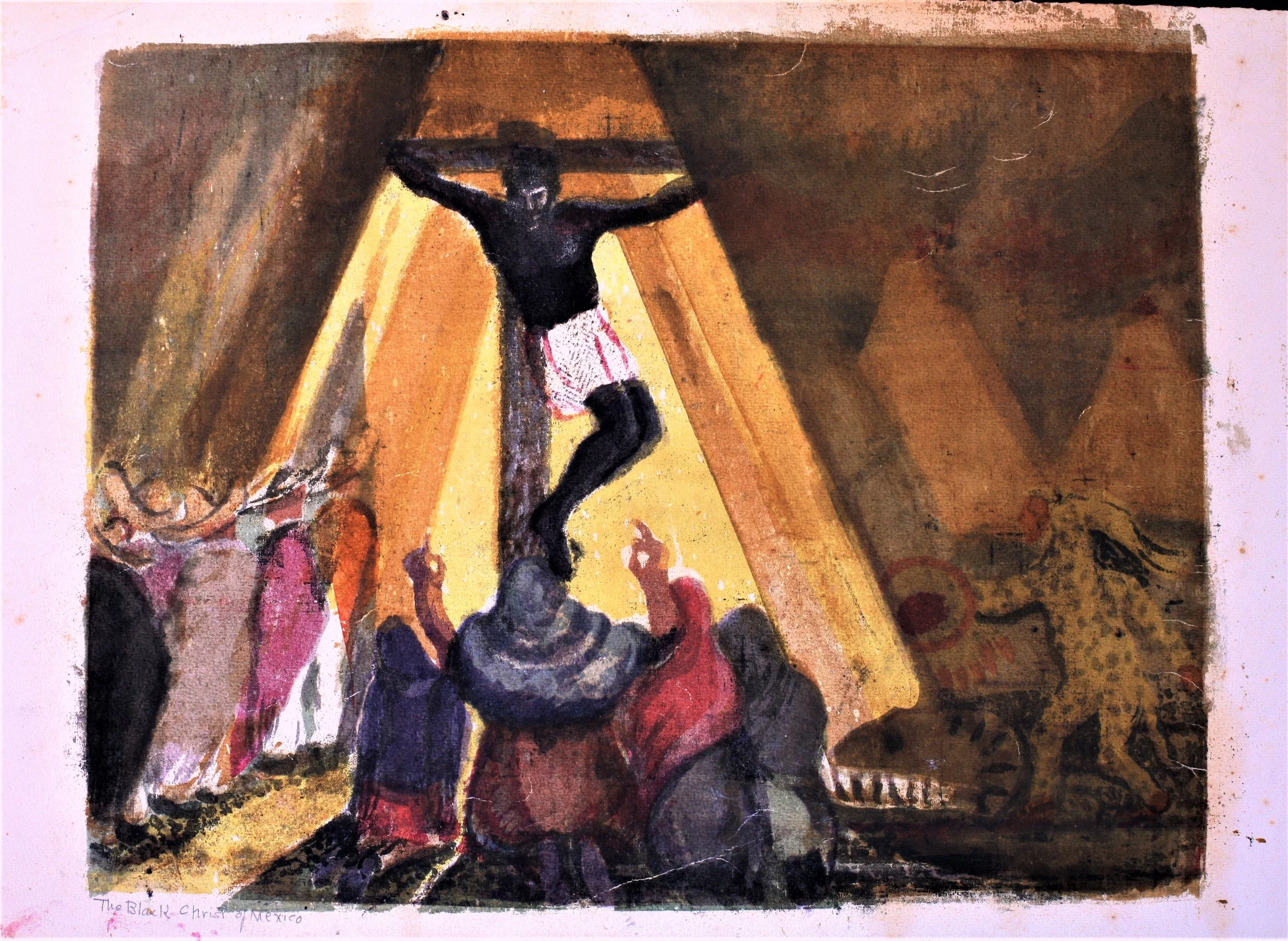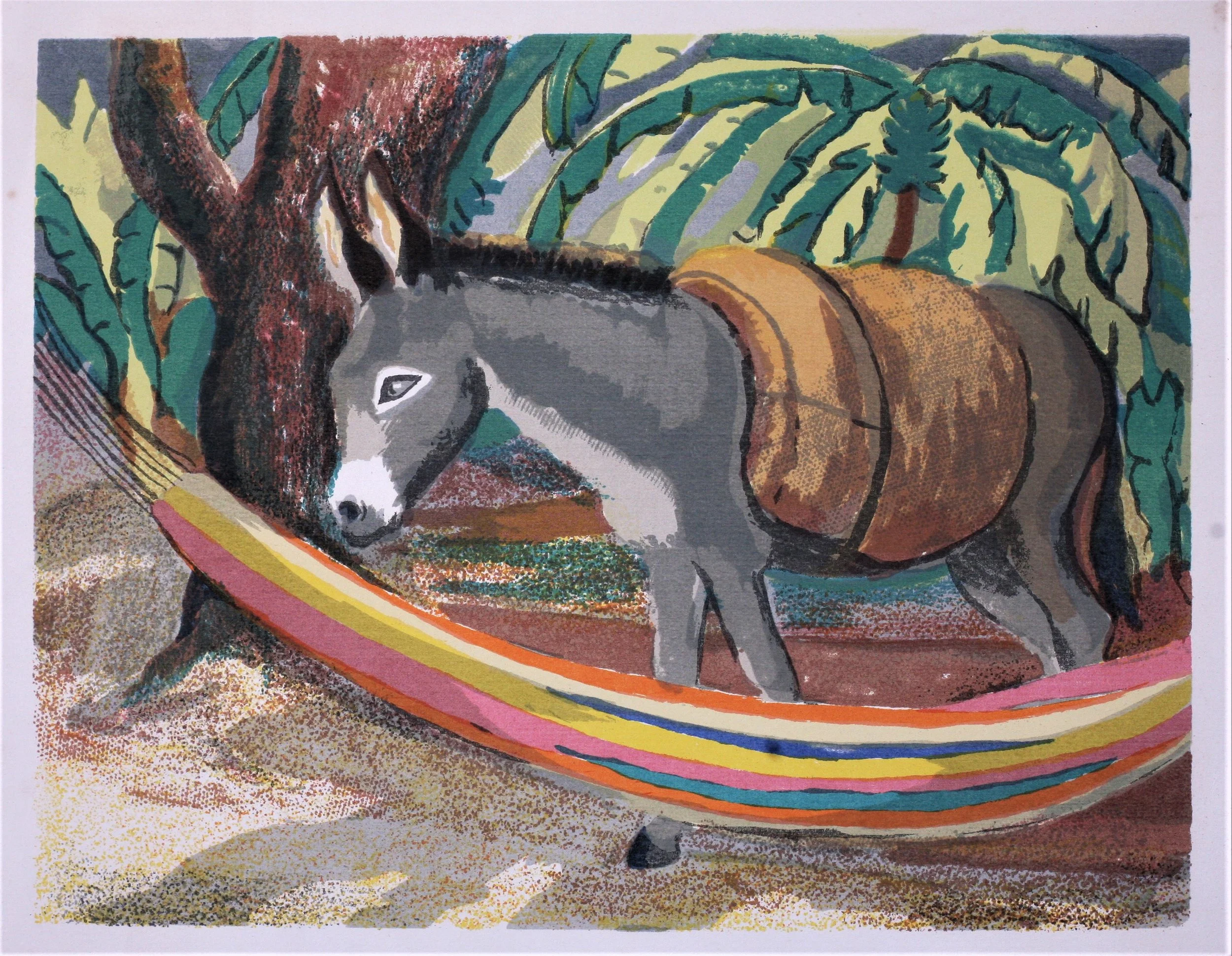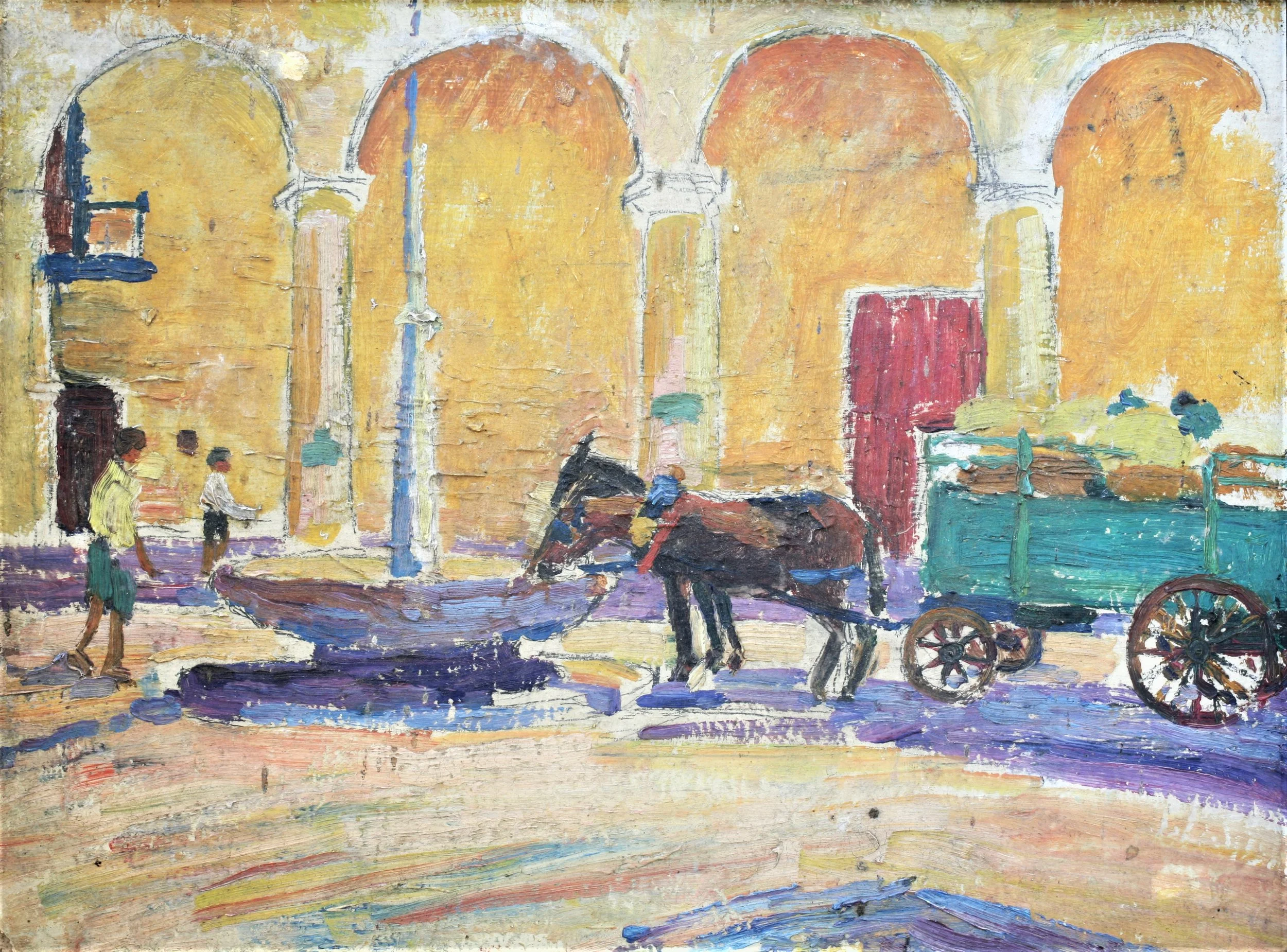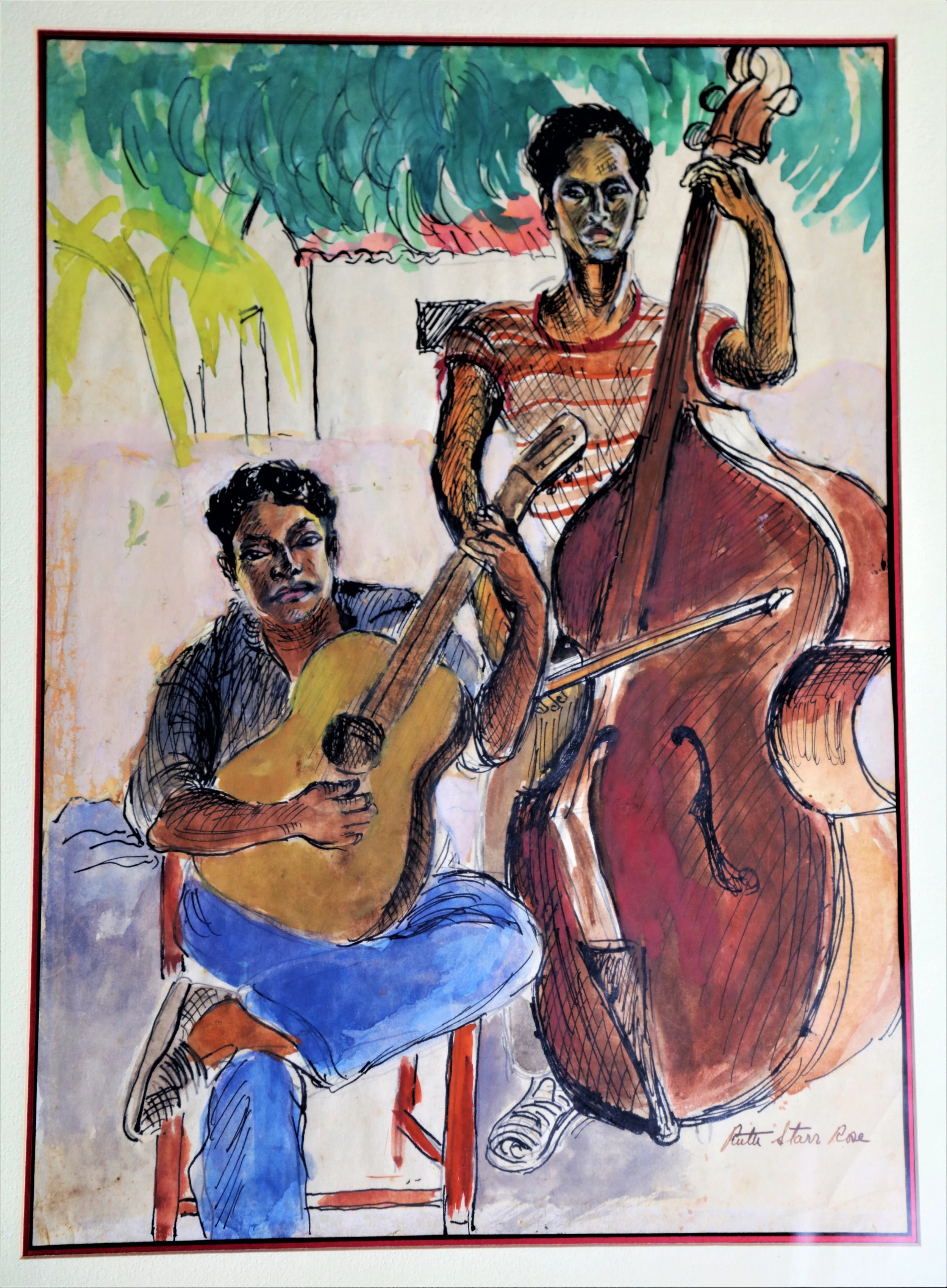DAILY LIFE AND SPIRITUALITY AMONG THE PEOPLE OF MEXICO, 1946-1948
The artist Ruth Starr Rose lived in Mexico from 1946-1948, rigorously documenting through drawings, lithographs, and serigraphs the Afro-Latino culture of Mexico over seventy-five years ago. What do you think inspired this woman to take a solo trip, driving her Willy’s jeep from the Eastern Shore of the Chesapeake Bay all the way to Jalisco in 1946?
Rose’s impressive work goes to the heart of the matter in her quest to understand the spirituality of Mexicans, from sophisticated urban dwellers who worshiped the Black Christ of Mexico presented in the Cathedral of Mexico City, to rural Easter carnivals and religious celebrations in Ajijic, to the Purepecha tribe in the mountains above her home. As an anthropological artist, she was fascinated by the Purepecha women, and was proud of how they retained their ancestral lands and also how much they put their trust in her when taking her to ancient ritual sites. Above all others, the reclusive Purepechas were the people whom she became close to over her two-year residency in Jalisco, and she wrote, “I gained the confident friendship of the Tarascan Indians, who took me to many of their half-pagan, half-Christian ceremonies in remote places in the nearby mountains.”
Select a painting below to learn more









